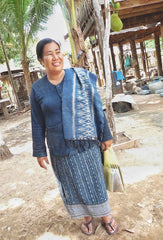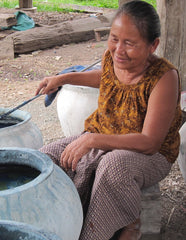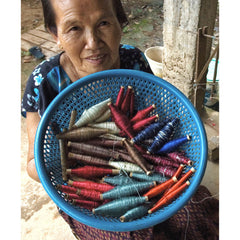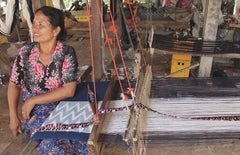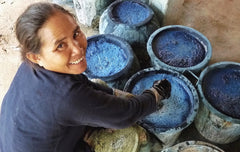Artisanal Fair Trade Accessories curated by Wonena.com
Slate + Salt: Born with @ Artisanal Mindset Eco-Friendly Blends🌱
A Women Owned Treasure 🙌 from Miami, FL
Honest Sourcing at every stepHandcrafted 🌎
More from Slate + Salt
-


Aegean Turkish Towel
Regular price $40Regular priceUnit price per -


Anatolia Stripe Turkish Towel
Regular price $40Regular priceUnit price per -


Beige Handloom Cashmere Scarf
Regular price $120Regular priceUnit price per$0Sale price $120 -


Black Full Moon Bag
Regular price $138Regular priceUnit price per
Eco-Friendly Blends
Women Owned — Businesses Owned by Women
Discover brands led by women who create with intention, care, and purpose — shaping products that honor people and planet.
-

BEATTA J COLLECTION Punda Ray Pants
Regular price $665Regular priceUnit price per -

SYSAIC KNOTZ Rose Stud Earrings
Regular price $20Regular priceUnit price per -

SYSAIC KNOTZ Sand Dollar Earrings
Regular price $21Regular priceUnit price per -

SYSAIC KNOTZ White Howlite Dangle Earrings
Regular price $23Regular priceUnit price per
Recently Viewed
-

Beige Handloom Cashmere Scarf
$120 USD -

Botswana Agate Drop Earrings
$30 USD



